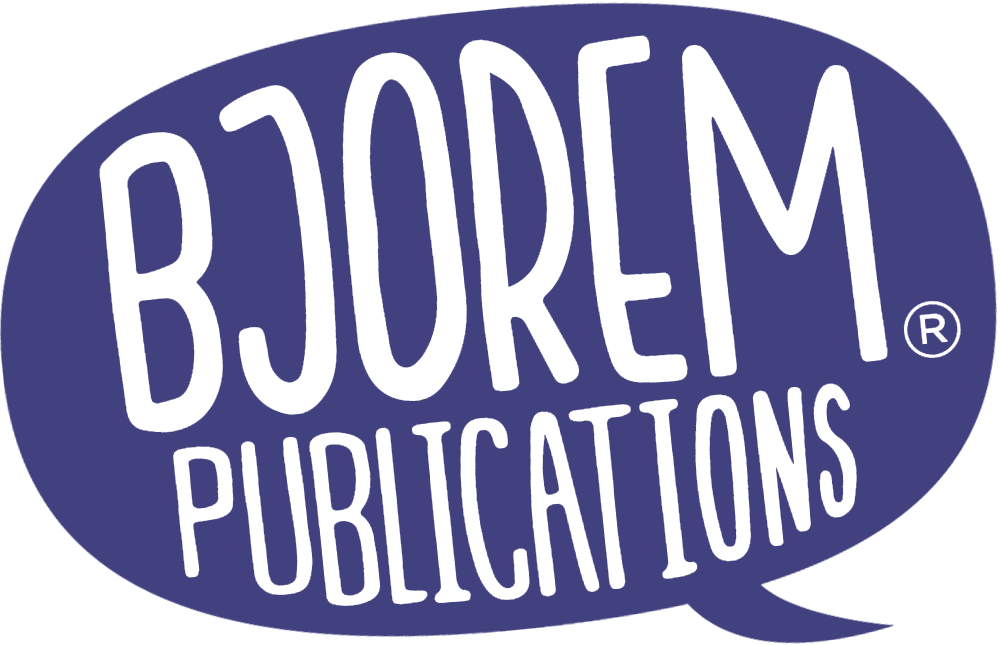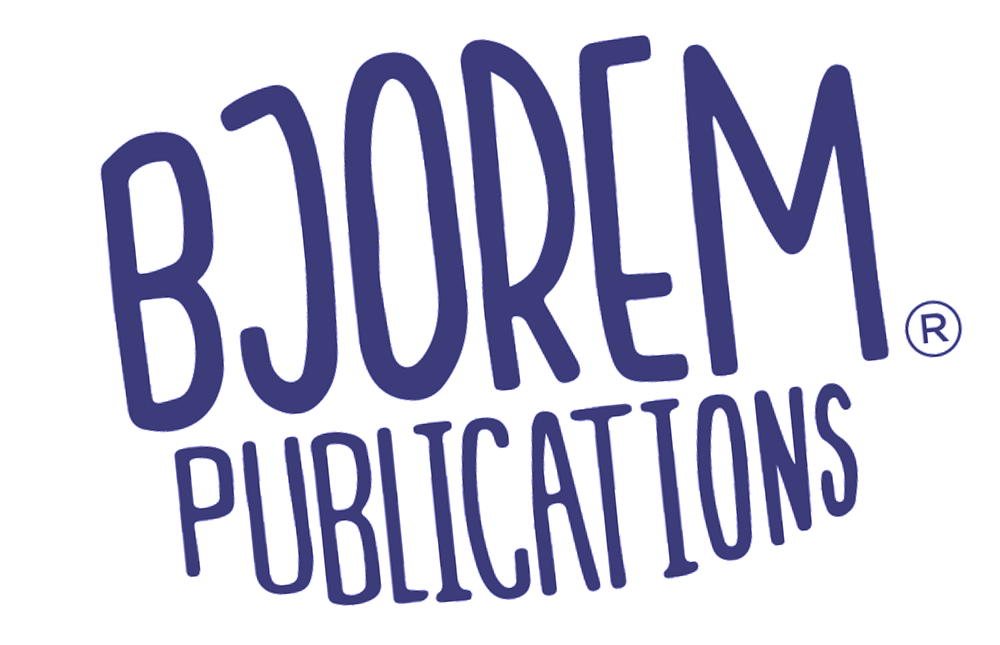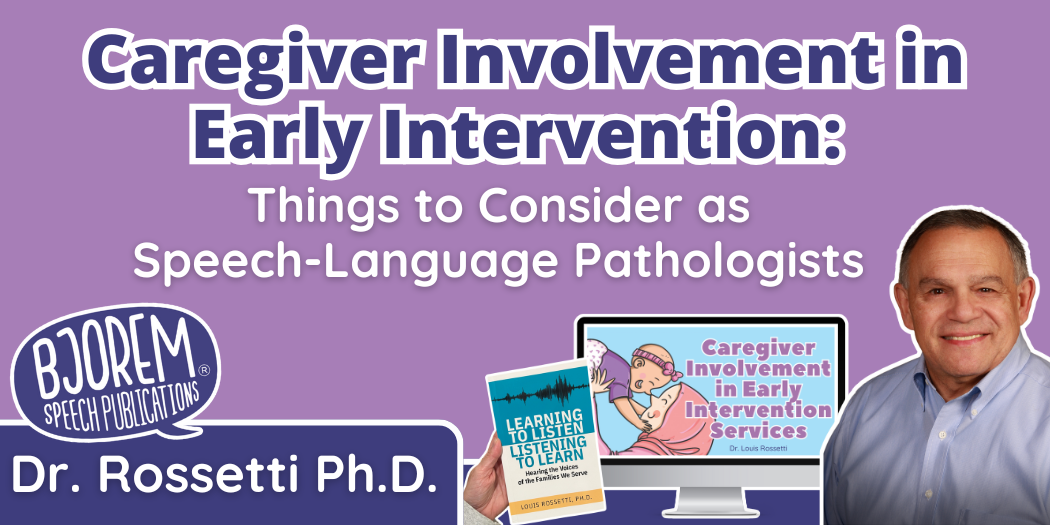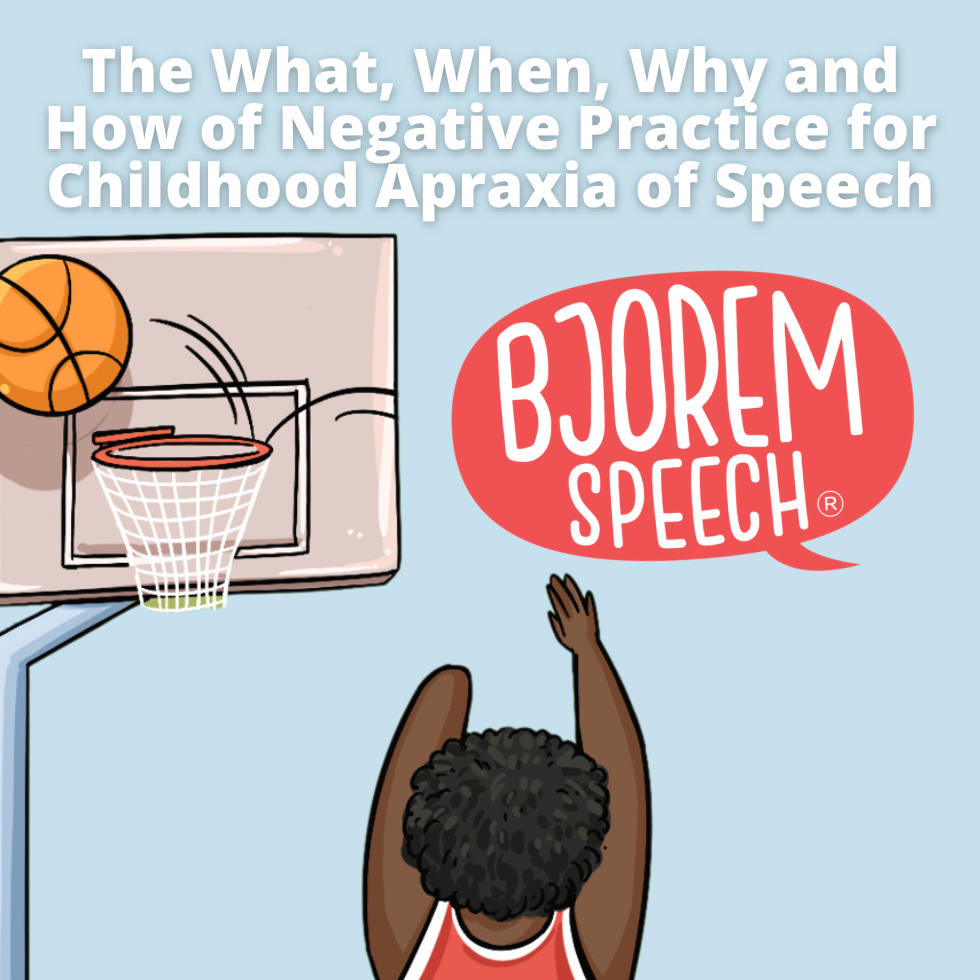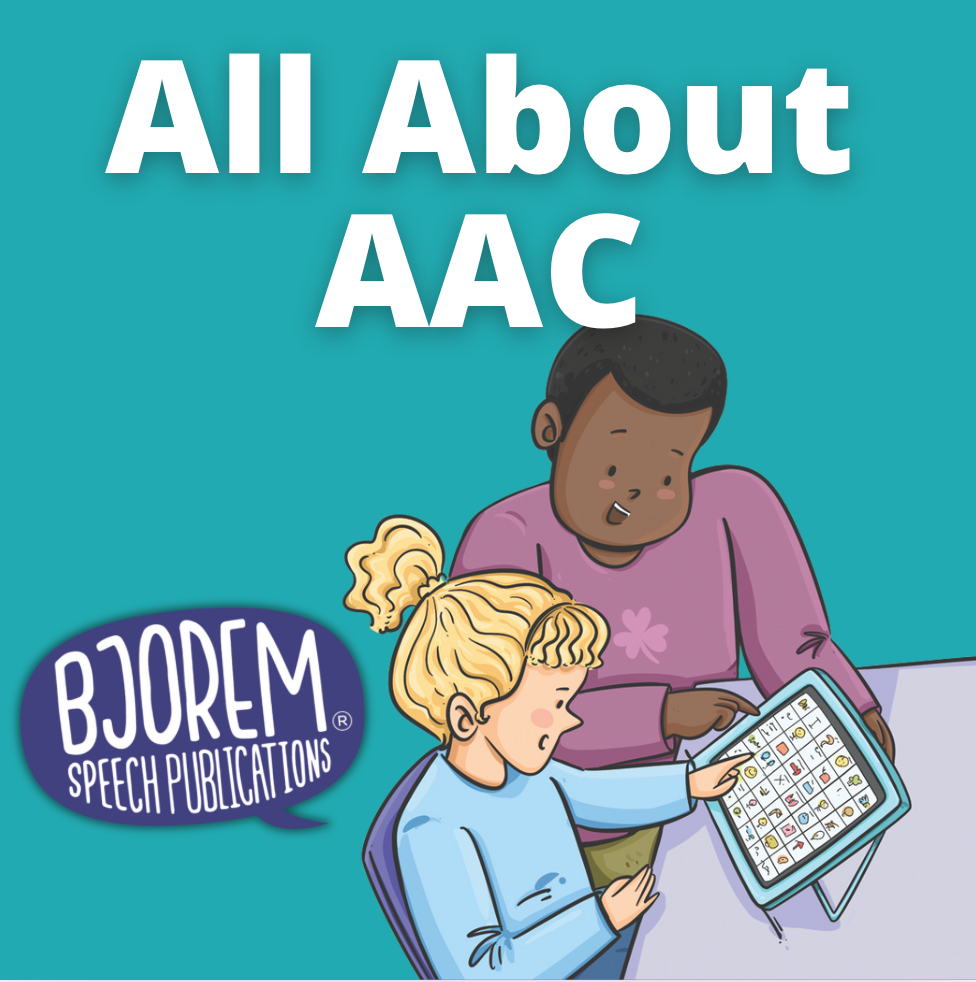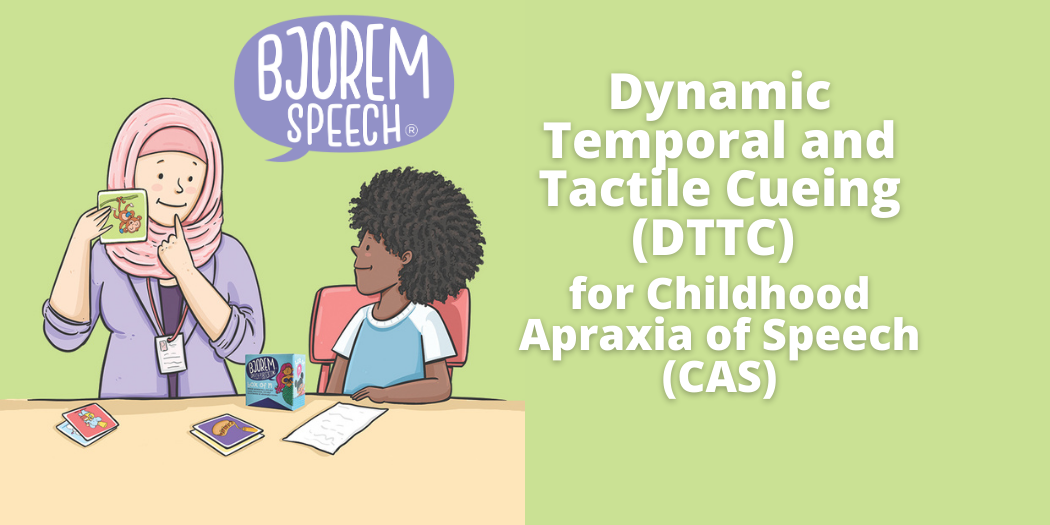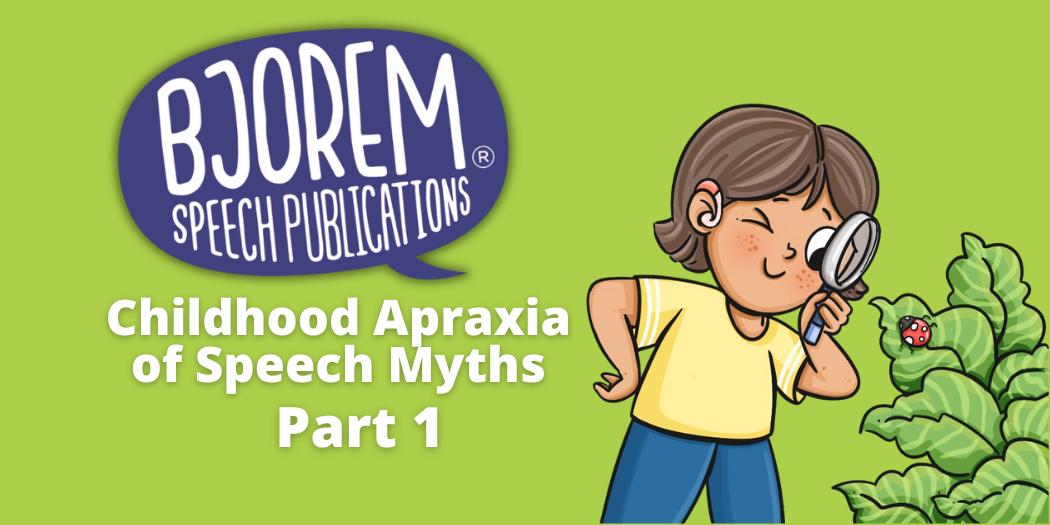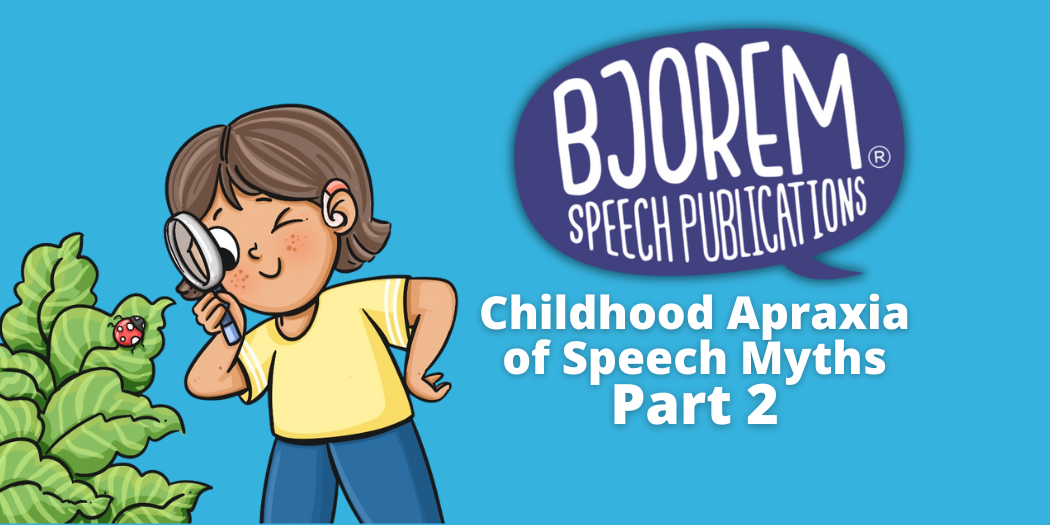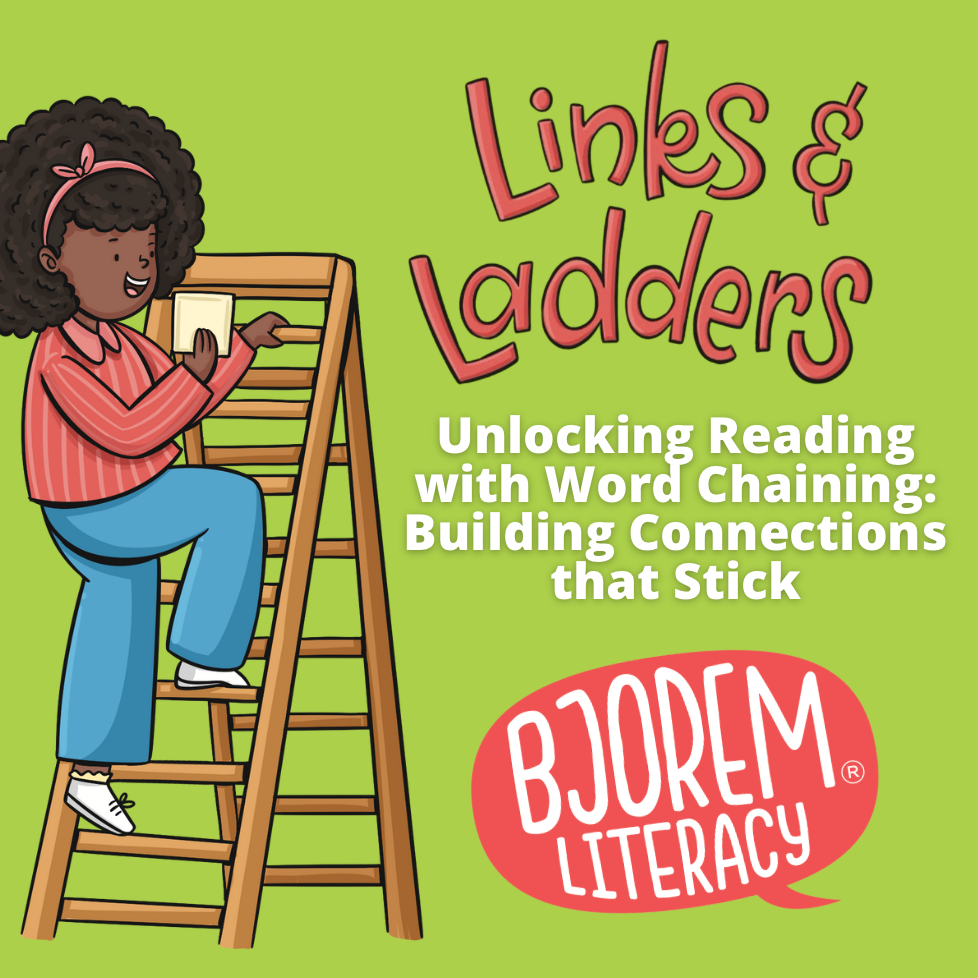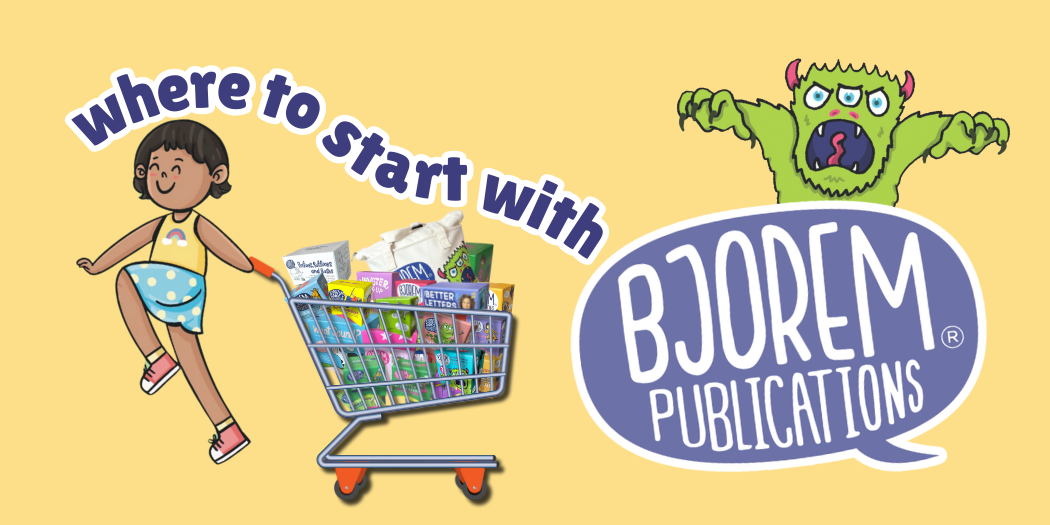Caregiver Involvement in Early Intervention: Things to Consider as Speech-Language Pathologists

Listening and Learning
Without question, one of the most frequent comments I receive from parents and caregivers of children with special needs relates to their feelings that they do not feel listened to. Their comments are directed toward other family members, teachers, the medical community and the therapists they encounter, across academic disciplines. So, the question arises, why is this so important as it relates to effective therapeutic intervention for children, especially those under 36 months of age?
A careful review of the early intervention literature reveals that the efficacy of the services provided for children with special needs may be defined in several ways. However, for parents their primary question relates to whether their child is making progress toward achieving developmentally appropriate skills. For the clinician the question becomes, what factors must I consider in achieving maximal efficacy for each child that enters my caseload?
What has emerged, following extensive research and review, is that a high percentage of therapeutic efficacy relates to two primary factors. These factors are age of identification and parent involvement in the therapeutic process. In other words, those children that are identified early and whose parents are fully engaged in therapeutic activities, generally demonstrate increased efficacy.
With those considerations in mind then, what factors should be considered, what questions should be asked and how might we as clinicians demonstrate our awareness that the parents of the children we serve are needed as full partners in the provision of services their children receive? These considerations and questions are discussed in detail, with real life examples provided, in a recent publication entitled “Learning To Listen-Listening To Learn; Hearing The Voices Of The Families We Serve”. This publication is produced by Bjorem and available for immediate purchase. Further information, also available for PDHs, can be found in my course: Caregiver Involvement in Early Intervention Services.
Listed below are several important things to be aware of as well as important questions worth asking.

Several Important Things To Consider
-
The initial stages of discovering that a child has or is at risk for developmental pathology are difficult and perhaps traumatic for many parents. The issues many parents face relate to fears of the unknown, medical concerns, hearing difficult news, uncertainty of the future, financial worries, guilt and confusion, just to name a few. The best posture for the clinician to adopt is not to wonder if, but to assume that by the time a child enters the caseload, parents have already and continue to struggle to varying degrees.
-
Guilt can be paralyzing. Most if not all parents struggle, to varying degrees, with guilt, often wondering if what is emerging relative to their child is due to their choices. Talking about such feelings, at the appropriate time, can be very helpful for parents.
-
The need for a “safe person” is always present. It is worth determining if parents have someone who they can go to when caring for their child becomes overwhelming. Their safe person may be someone outside the family. No matter, this can be a significant issue for many families.

Without doubt, the most effective thing clinicians can do to increase caregiver engagement in the therapeutic process is to demonstrate good listening, and the best way to accomplish this is to ask the right questions at the right time. Listed below are key questions to consider asking:
-
When did you first begin to suspect that there might be something different about your child and who did you express your concerns to?
-
Do you feel you are on the same page with your child’s mother/father?
-
Can you describe your “lowest point” in your experience with your child thus far?
-
What is the hardest part about caring for a child with special needs?
-
How has your family, immediate and extended, responded to your son/daughter?
Summary
If indeed caregiver involvement in the therapeutic process, especially for children under 36 months of age, is a primary component of treatment effectiveness, then it stands to reason that each of the considerations and questions presented above simply scratch the surface of the many issues caregivers face. These considerations and questions are discussed in detail, with real life examples provided, in a recent publication entitled “Learning To Listen-Listening To Learn; Hearing The Voices Of The Families We Serve”. This publication is produced by Bjorem and available for immediate purchase. Further information, also available for PDHs, can be found in my course: Caregiver Involvement in Early Intervention Services.
Written by Dr. Louis Rossetti, Ph.D.
